12 Apr EUROPEAN COSMETICS REGULATION UPDATES
Introduction of Regulation (EU) 2024/996 and the restriction on the use of BHT
Recently, there have been two significant changes in the European cosmetics regulation: the introduction of Regulation (EU) 2024/996 and the restriction on the use of BHT (butylated hydroxytoluene).
Regulation (EU) 2024/996 introduces substantial amendments to European cosmetics regulation, especially with regard to Vitamin A, Alpha Arbutin and Arbutin and certain substances suspected of having endocrine disrupting properties. Meanwhile, BHT is now subject to stricter regulation, reflecting the EU’s commitment to consumer health and environmental safety.
In this article, we will discuss the implications of these updates for cosmetic safety and regulatory compliance.
The use of vitamin a, alpha-arbutin and arbutin and certain substances suspected of having endocrine disrupting properties
In Annex II, the following entry is added:
- 4-Methylbenzylidene Camphor. CAS no 36861-47-9/38102-62-4
In Annex III, the following entries are added:

(1) For any cosmetic product containing Retinol, Retinyl Acetate or Retinyl Palmitate the following, labelling is obligatory: ‘Contains Vitamin A. Consider your daily intake before use’.
(2) Hydroquinone levels shall remain as low as possible in formulations containing alpha-Arbutin and shall not be higher than the unavoidable trace level.
In Annex V, entries 23 and 25 are replaced by the following:

(3) Triclorcarban:
Purity criteria:
3,3′,4,4′-Tetrachloroazobenzene ≤ 1 ppm
3,3′,4,4′-Tetrachloroazoxybenzene ≤ 1 ppm
Not to be used in toothpaste intended for children under 6 years of age.
For toothpaste containing Triclocarban the following labelling is obligatory: ‘Not to be used for children under 6 years of age’.
(4) Triclorcarban:
Not to be used in toothpaste intended for children under 3 years of age.
For toothpaste containing Triclosan the following labelling is obligatory: ‘Not to be used for children under 3 years of age’.
Restriction of the use of BHT in cosmetic products in the united kingdom
On April 1, 2024, the United Kingdom implemented new regulatory measures limiting the use of Butylated Hydroxytoluene (BHT) in cosmetic products. The Cosmetic Products (Restriction of Chemical Substances) Regulations 2024 now lists BHT under Annex III of the UK Cosmetics Regulation, categorizing it as a restricted substance.
This amendment is in response to the SAG-CS’s February 2023 assessment regarding the safety of BHT in cosmetic products.
According to the new entry 322, BHT shall meet the following concentration limits:

What are the implementation dates for this european cosmetics regulation?
The deadlines for these new amendments are as follows:
- Products containing certain substances listed in Annex II will be prohibited from entering the Union market from May 1, 2025, with a complete ban enforced from May 1, 2026.
- For substances such as Genistein, Daidzein, Kojic Acid, Alpha-Arbutin, and Arbutin (entries 373, 374, 375, 377, and 378 in Annex III), cannot be placed on the European Union market from February 1, 2025, with stricter enforcement beginning on November 1, 2025.
- Vitamin A (entry 376 in Annex III) follows a similar trajectory, with non-compliant products barred from placement starting from November 1, 2025, and complete prohibition from May 1, 2027.
- Transitional provisions apply to Triclocarban and Triclosan (entries 23 and 25), allowing non-compliant products to be placed until December 31, 2024, if they meet conditions applicable by April 23, 2024. Products already on the market by that date can continue to be made available until October 31, 2025.
Regarding the restriction on the use of BHT, the deadlines allow the following transition period to adapt to these new standards:
- Cosmetic products that do not conform to the updated limits cannot be introduced to the UK market from February 24, 2025.
- Cosmetic products already on the market as of this date can continue to be sold until June 24, 2025.
Feel free to contact us using the form below if you need your products to comply with the requirements of the new regulation.


No Comments